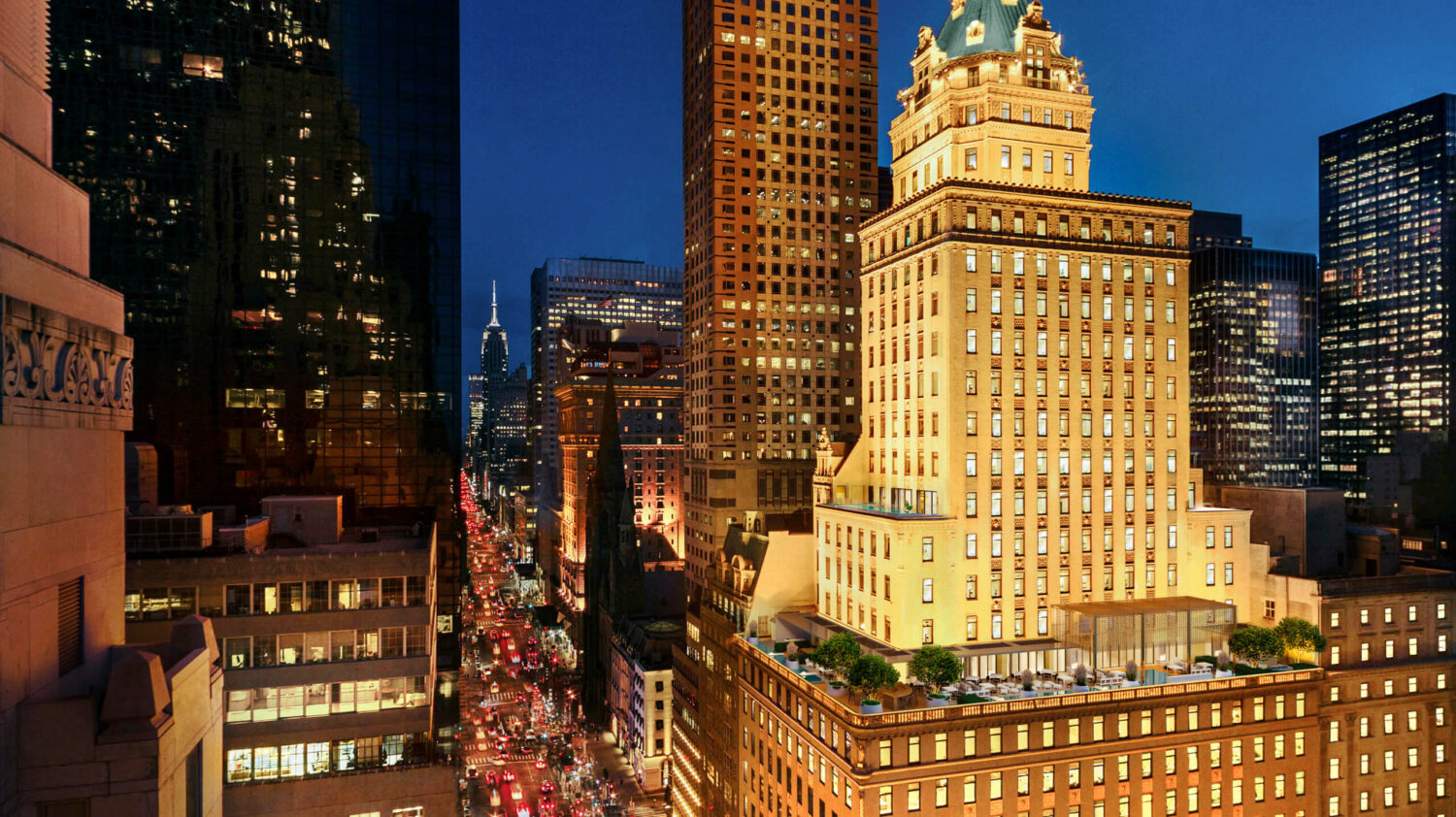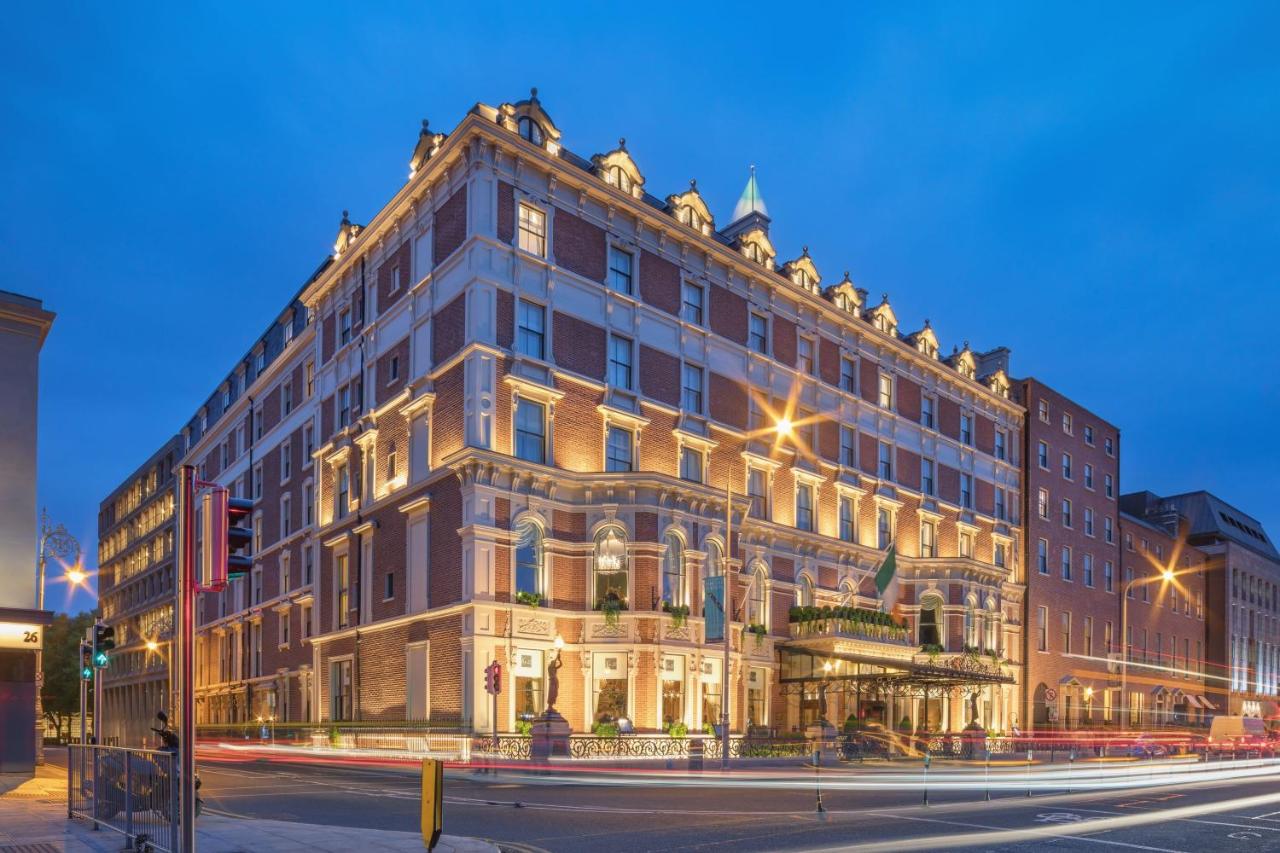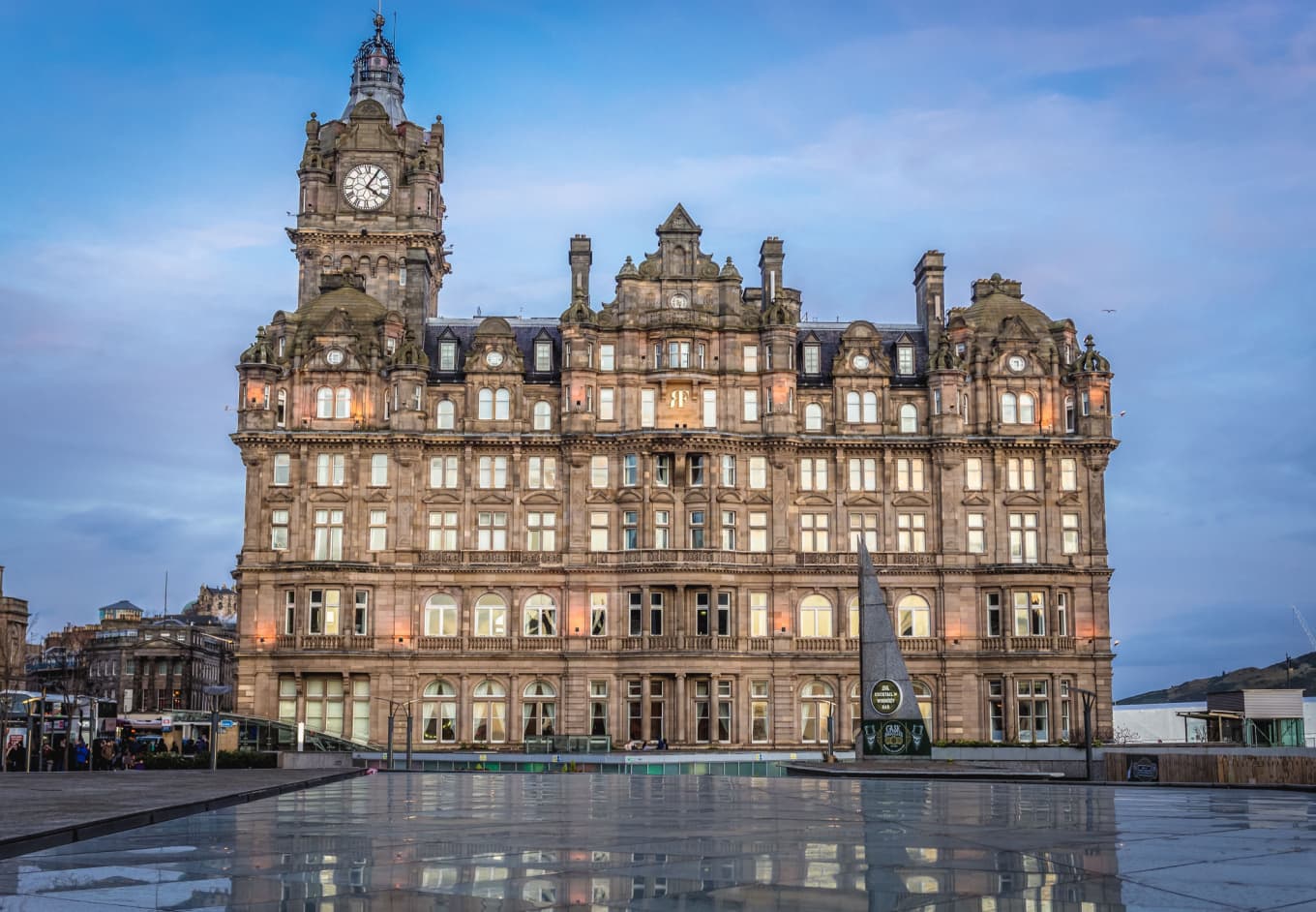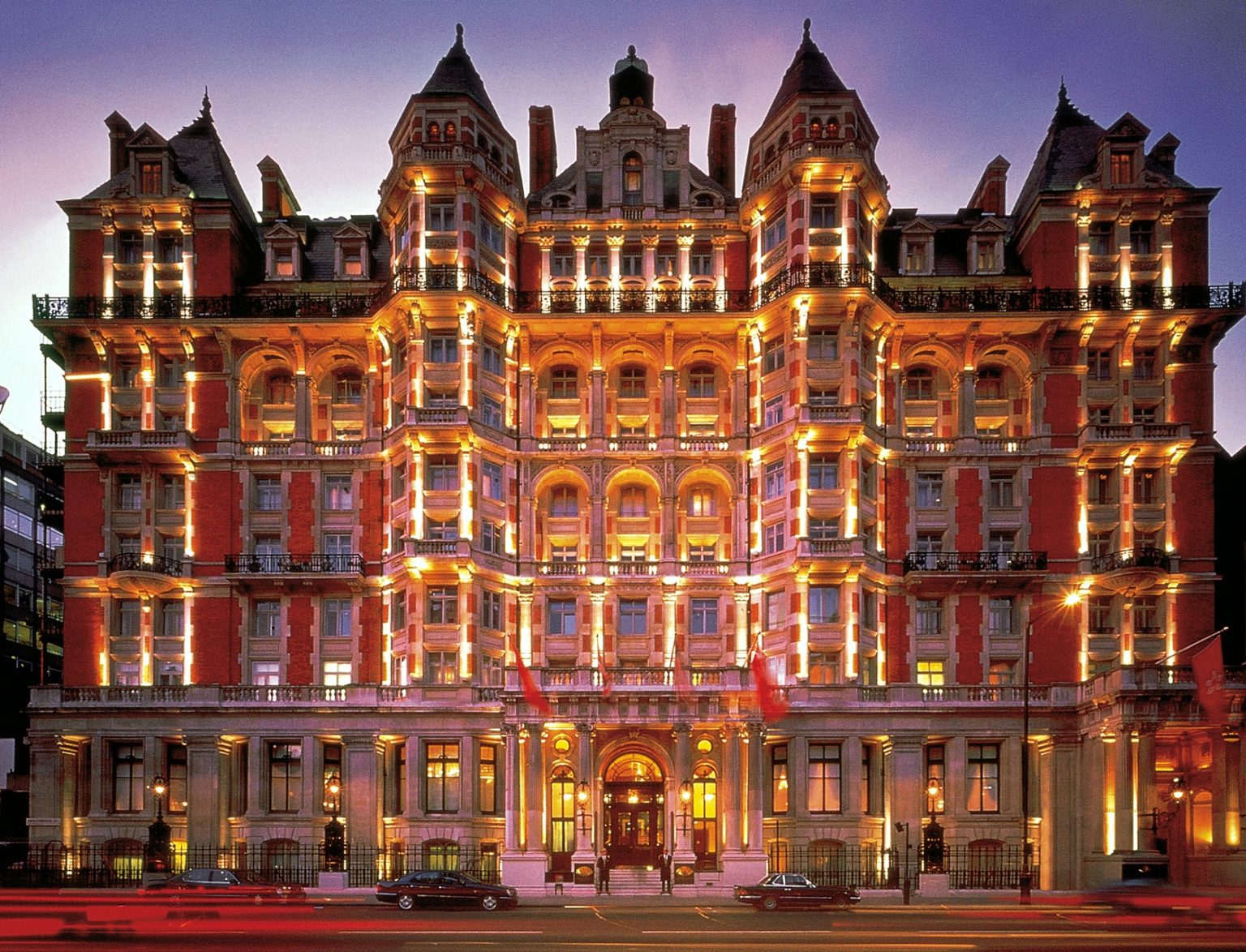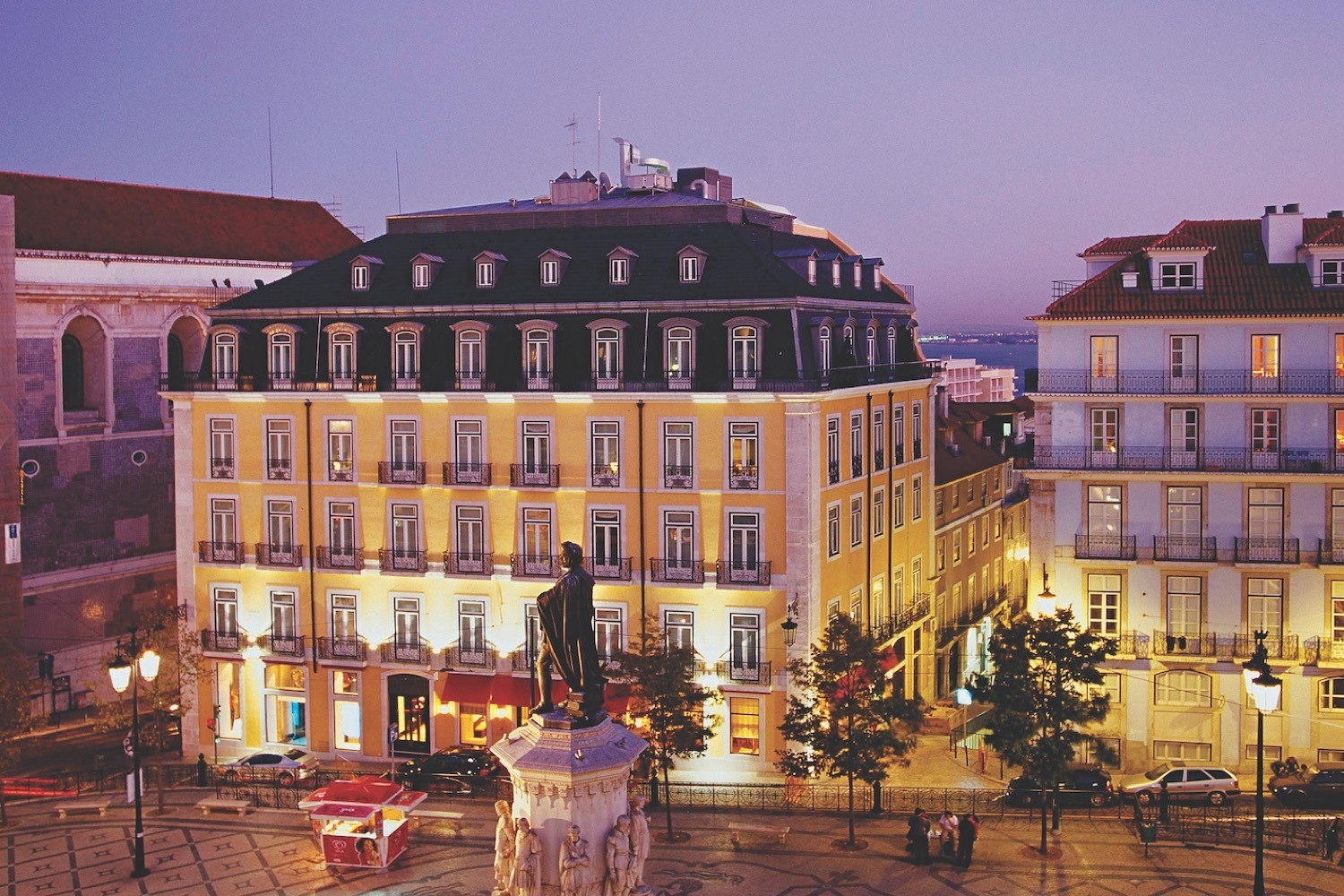
Lisbon, the vibrant capital of Portugal, is a city that effortlessly blends the old and the new. From its historic cobblestone streets and iconic trams to its modern architecture and thriving cultural scene, Lisbon offers a captivating experience for every traveler. This article will delve into the heart of Lisbon, exploring its rich history, unveiling its main attractions, providing practical travel tips, and highlighting the best hotels to make your stay truly unforgettable.
A Glimpse into the Past: The History of Lisbon
Lisbon’s history stretches back over millennia, bearing witness to civilizations that have shaped its character. Founded by the Phoenicians, it was later occupied by the Greeks, Romans, Visigoths, and Moors, each leaving their mark on the city’s architecture and culture.
Related Articles about Lisbon: A City Steeped in History, Flavored by Sun, and Alive with Charm:
- Japan: A Tapestry of Tradition and Tomorrow – Your Ultimate Guide to Unforgettable Experiences
- Norway: A Symphony of Fjords, Northern Lights, and Viking Echoes
- Austria: A Symphony of Imperial History, Alpine Majesty, and Cultural Charm
- Rome’s Eternal Charm: A Connoisseur’s Guide to Top Hotels and the City They Adorn
- Norway: A Tapestry of Fjords, Northern Lights, and Viking Tales
-
Roman Era: The Romans established the city as Olisipo, a prosperous trading port. Remnants of their influence can still be found today, including the ruins of a Roman theatre.
-
Moorish Rule: From the 8th to the 12th centuries, the Moors controlled Lisbon, introducing elements of their culture, architecture, and agricultural practices. This period left a lasting legacy, particularly in the city’s Alfama district, with its narrow, winding streets and traditional architecture.
-
The Reconquista and the Age of Discovery: In 1147, the Portuguese, led by Afonso Henriques, reconquered Lisbon from the Moors, marking a turning point in the city’s history. The 15th and 16th centuries saw Lisbon become a pivotal port during the Age of Discovery. Portuguese explorers like Vasco da Gama set sail from Lisbon, opening trade routes to Asia and the Americas, bringing immense wealth and transforming the city into a global powerhouse.
-
The Great Earthquake of 1755: This devastating earthquake, followed by a tsunami and fires, destroyed much of Lisbon. The reconstruction, spearheaded by the Marquis of Pombal, was a monumental undertaking. He implemented innovative urban planning, creating the grid-like Baixa district, a testament to resilience and foresight.
-
20th Century and Beyond: The 20th century witnessed political turmoil, including the Estado Novo dictatorship. Portugal’s Carnation Revolution in 1974 brought democracy and ushered in a new era of growth and prosperity. Today, Lisbon is a vibrant, modern capital, embracing its past while looking towards the future.
Must-See Attractions: Exploring the Heart of Lisbon
Lisbon’s attractions are as diverse as its history, offering something for every interest. Here are some of the must-see sights:
-
Jerónimos Monastery: A magnificent example of Manueline architecture, a unique Portuguese style characterized by intricate stone carvings and maritime motifs. This UNESCO World Heritage site is a testament to Portugal’s Age of Discovery and houses the tomb of Vasco da Gama.
-
Belém Tower: Another iconic landmark of the Age of Discovery, the Belém Tower, also a UNESCO World Heritage site, stands guard at the mouth of the Tagus River. Its ornate design and strategic location make it a symbol of Lisbon.
-
São Jorge Castle: Perched atop the highest hill in Lisbon, the São Jorge Castle offers panoramic views of the city. Explore its ramparts, discover its history, and imagine the battles that have taken place within its walls.
-
Alfama District: Wander through the labyrinthine streets of Alfama, Lisbon’s oldest district. Lose yourself in its charm, listen to the melancholic strains of Fado music, and soak in the atmosphere of traditional Lisbon.
-
Baixa District: Rebuilt after the 1755 earthquake, the Baixa district features elegant squares, wide avenues, and shops, offering a taste of modern Lisbon. Visit the iconic Rossio Square and Praça do Comércio.
-
Elevador de Santa Justa: This wrought-iron elevator, connecting the Baixa district with the Carmo Square, offers stunning city views. It’s a testament to the city’s architectural ingenuity.
-
Tram 28: A ride on the iconic Tram 28 is a must-do experience. This vintage tram winds its way through the narrow streets of Alfama, Graça, and other historic districts, offering a unique perspective of the city.
-
LX Factory: Located in a former industrial complex, LX Factory is a vibrant hub of creativity, housing shops, restaurants, art studios, and co-working spaces. It’s a great place to experience the city’s contemporary culture.
-
Parque das Nações: The site of the 1998 World Expo, Parque das Nações is a modern district with stunning architecture, including the Vasco da Gama Bridge (one of the longest bridges in Europe), the Oceanário de Lisboa (one of Europe’s largest aquariums), and the Lisbon Casino.
Travel Tips: Making the Most of Your Lisbon Adventure
-
Best Time to Visit: The shoulder seasons (April-May and September-October) offer the best combination of pleasant weather, fewer crowds, and lower prices. Summer (June-August) is hot and crowded, while winter (November-March) can be rainy but still offers mild temperatures.
-
Getting Around: Lisbon is a walkable city, especially in the central districts. However, the hills can be challenging. Utilize the metro, trams (particularly Tram 28), buses, and taxis to navigate the city. Consider using ride-sharing services like Uber or Bolt.
-
Language: Portuguese is the official language. English is widely spoken in tourist areas, but learning a few basic Portuguese phrases is always appreciated.
-
Currency: The Euro (€) is the currency of Portugal.
-
Food and Drink: Indulge in the local cuisine. Try Pastéis de Nata (custard tarts), fresh seafood, Bacalhau (salt cod), and Portuguese wines.
-
Safety: Lisbon is generally a safe city. However, be aware of pickpockets, especially in crowded tourist areas and on public transportation.
-
Accommodation: Book your accommodation in advance, especially during peak season. Consider staying in the central districts like Baixa, Chiado, Alfama, or Bairro Alto for easy access to attractions.
Top Hotels in Lisbon: Where to Rest Your Head
Lisbon offers a wide range of accommodations, from budget-friendly hostels to luxurious hotels. Here are some top picks:
-
The Ritz-Carlton Lisbon, Penha Longa Resort: Located just outside Lisbon, in Sintra, this luxurious resort offers stunning views, a championship golf course, multiple restaurants, and a spa. Perfect for a relaxing getaway.
-
Four Seasons Hotel Ritz Lisbon: A landmark hotel in the heart of Lisbon, known for its impeccable service, elegant rooms, and rooftop spa offering panoramic city views.
-
Memmo Alfama: A stylish boutique hotel in the heart of Alfama, offering stunning views of the Tagus River, a rooftop pool, and a modern design.
-
Pestana Palace Lisboa Hotel & National Monument: Housed in a beautifully restored palace, this hotel offers a blend of historic grandeur and modern comfort, with elegant rooms, lush gardens, and a swimming pool.
-
Martinhal Lisbon Chiado: A family-friendly hotel in the vibrant Chiado district, offering spacious apartments and suites, a kids’ club, and a prime location for exploring the city.
-
Hotel da Estrela: A charming boutique hotel located in a renovated historic building, offering stylish rooms, a tranquil garden, and a convenient location.
-
The Lumiares Hotel & Spa: Located in the heart of Bairro Alto, this hotel offers stylish apartments and suites, a rooftop terrace with city views, and a spa.
Nearby Hotels: Exploring Beyond the City Center
If you’re looking for something outside of the city center, consider these options:
-
Altis Belém Hotel & Spa: Located in Belém, this modern hotel offers stunning views of the Tagus River, a Michelin-starred restaurant, and a spa.
-
Pestana Vintage Lisbon Hotel: Situated on the Praça do Comércio, this hotel offers stunning views and easy access to the city’s key attractions.
-
The Yeatman: Located across the river in Vila Nova de Gaia (near Porto), this luxury hotel is renowned for its wine cellar and breathtaking views of Porto and the Douro River.
Local Food: A Culinary Journey Through Lisbon
Lisbon’s cuisine is a delicious blend of flavors, influenced by its coastal location and its historical ties to the Age of Discovery. Here are some must-try dishes:
-
Pastéis de Nata: These custard tarts are a Portuguese staple, with a flaky pastry crust and a creamy custard filling.
-
Bacalhau (Salt Cod): A Portuguese favorite, bacalhau can be prepared in countless ways, from bacalhau à brás (shredded cod with scrambled eggs and potatoes) to bacalhau com natas (cod with cream and potatoes).
-
Fresh Seafood: Enjoy grilled sardines, octopus salad, and other fresh seafood dishes, especially at restaurants along the coast.
-
Francesinha: A sandwich originating from Porto, but available in Lisbon, consisting of bread, several types of meat, and covered with melted cheese and a tomato and beer sauce.
-
Caldo Verde: A traditional Portuguese soup made with potatoes, collard greens, and chorizo.
-
Portuguese Wines: Sample the local wines, including Vinho Verde (green wine), Douro wines, and Port wine.
Transportation Options: Navigating Lisbon with Ease
-
Metro: The Lisbon Metro is an efficient and affordable way to get around the city. It has four lines, covering a wide area.
-
Trams: The iconic Tram 28 is a must-do experience for tourists. Other tram lines are available for transportation.
-
Buses: Lisbon has an extensive bus network, providing access to areas not covered by the metro.
-
Taxis & Ride-Sharing: Taxis and ride-sharing services like Uber and Bolt are readily available.
-
Trains: Trains connect Lisbon to other towns and cities, including Sintra, Cascais, and Porto.
-
Walking: The best way to experience Lisbon’s charm is to walk, especially in the historic districts.
Lisbon is a city that will captivate your senses. From its historical landmarks to its vibrant culture and delicious cuisine, it offers an unforgettable experience. By following these tips and exploring its top hotels, you can create a truly memorable journey in this enchanting city.




